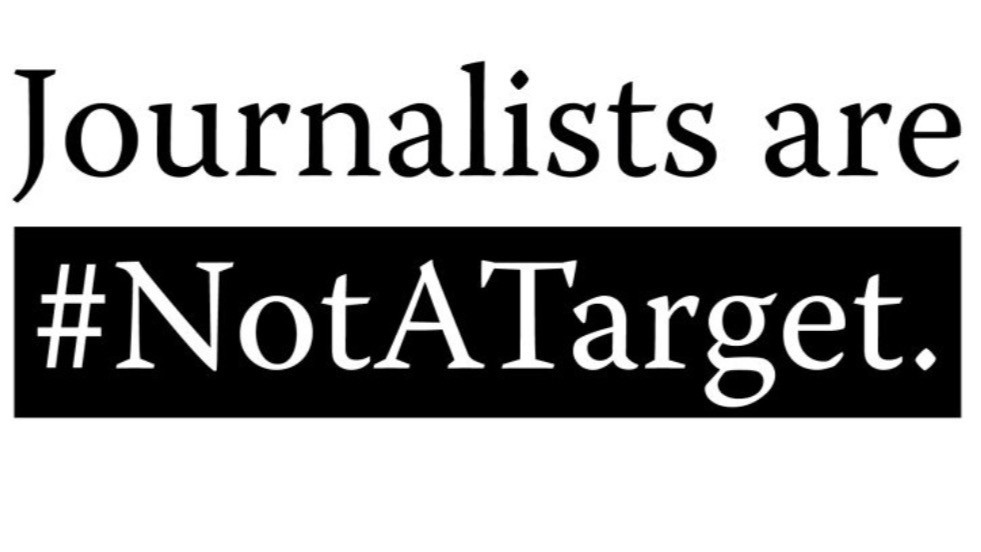Beyond the Hostage Dilemma
From Greek tragedy to modern cinema, one scene returns again and again: a villain holds an innocent hostage, the heroes raise their weapons, and someone shouts, “Don’t shoot—you’ll hit the innocent!” Euripides staged it with threatened children, Shakespeare with captive princes, and Hollywood with bank robbers and police snipers. Beneath the drama lies the same moral threshold: can violence in the name of justice, ever justify risking the innocent? Literature and film have highlighted this ethical dilemma so starkly because it cuts to the core of what it means to act morally under pressure.
Being raised by responsible teachers, this dilemma was sometimes put in abstract terms: is it ever acceptable to risk an innocent life to secure justice or safety? Some argued no, others argued only in extreme circumstances. That alone was already a hard question.
But as an adult, I can’t but notice we are sliding into something much darker. Not only are innocents at risk, but the witnesses to their deaths are deliberately silenced. That’s why we focus on journalists today. They are the ones who document, who investigate, who risk their lives to make truth visible. When journalists are killed in droves, not as collateral damage, but as deliberate targets, it signals more than a crime. It is a strategy: to cut the link between violence and the world’s ability to know about it.
This is no longer about tragic necessity but calculated erasure. To kill the witness is to kill accountability itself. Hannah Arendt warned that evil becomes banal when it is no longer exposed to judgment. The murder of journalists is precisely that move: to bury not only the victims but also their story.
This is still not the end of the story, though. The final, most corrosive stage is when those who still know indirectly, like the well-informed citizens, choose not to act. Out of fear, fatigue, or simply out of convenience, they remain silent. At this point, violence becomes systemic. It’s not just about the dead or the silenced; it’s about the collective shrug that allows injustice to become the normal order of things.
This is where morality itself collapses. Perpetrators commit murder. Suppressors commit erasure. And the silent bystanders enable both. Evil shifts from an act to a structure, woven into daily life.
Why does this matter for us? Because the same logic applies far beyond hostage crises or political atrocities. It applies in organizations that bury misconduct, in industries that look away from exploitation, in societies that normalize inequality, in economies ignoring care for nature. When truth is hidden and witnesses are ignored or eliminated, when people who “sort of know” decide it’s safer not to raise their voice, the result is the same: wrongdoing becomes invisible, and therefore unstoppable.
And here lies the deeper danger: when silence becomes the cultural norm, it is not just individuals who fail—it is the culture itself that begins to die. Cultures are not only built from art, language, or tradition. They are sustained by memory, responsibility, and the shared ability to say: this is who we are, this is what we refuse to accept. When that capacity erodes, a culture commits a kind of suicide.
Cultural suicide doesn’t happen with one cataclysmic event. It happens gradually, through small silences, through every avoided truth, through every journalist killed to prevent their story from being heard. Each compromise hollows out the core of what gives a community integrity.
The lesson, then, is as simple as it is demanding: silence is never neutral. To resist cultural suicide, we must preserve witness, protect truth, and defend those who make truth visible. Every act of remembrance, every voice that dares to speak, is not only an act of justice—it is an act of cultural survival.
When a society kills truth, it kills itself. And when it defends truth, it gives itself a future.


